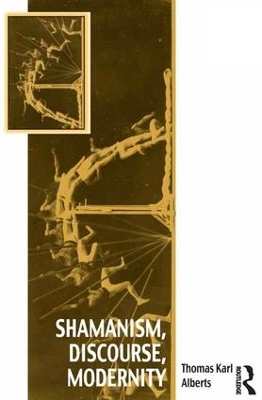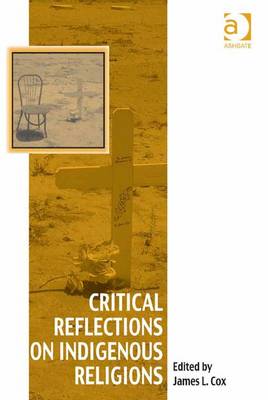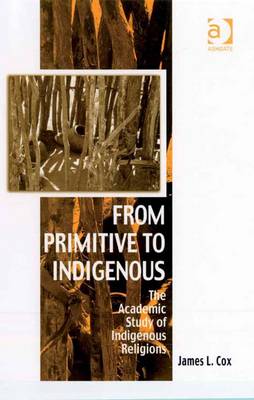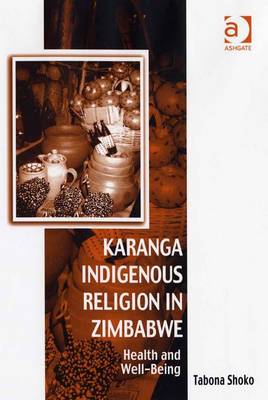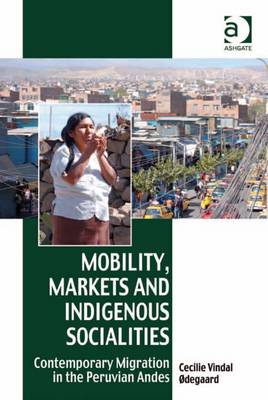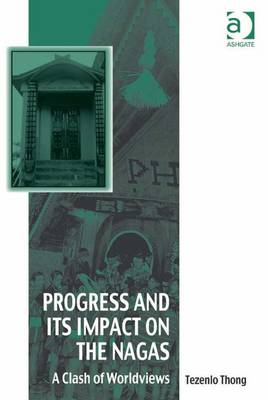Vitality of Indigenous Religions
7 total works
Critical Reflections on Indigenous Religions
The study of indigenous religions has become an important academic field, particularly since the religious practices of indigenous peoples are being transformed by forces of globalization and transcontinental migration. This book will further our understanding of indigenous religions by first considering key methodological issues related to defining and contextualizing the religious practices of indigenous societies, both historically and in socio-cultural situations. Two further sections of the book analyse cases derived from European contexts, which are often overlooked in discussion of indigenous religions, and in two traditional areas of study: South America and Africa.
The World Ayahuasca Diaspora
Ayahuasca is a psychoactive substance that has long been associated with indigenous Amazonian shamanic practices. The recent rise of the drink's visibility in the media and popular culture, and its rapidly advancing inroads into international awareness, mean that the field of ayahuasca is quickly expanding. This expansion brings with it legal problems, economic inequalities, new forms of ritual and belief, cultural misunderstandings, and other controversies and reinventions.
In The World Ayahuasca Diaspora, leading scholars, including established academics and new voices in anthropology, religious studies, and law fuse case-study ethnographies with evaluations of relevant legal and anthropological knowledge. They explore how the substance has impacted upon indigenous communities, new urban religiosities, ritual healing, international drug policy, religious persecution, and recreational drug milieus. This unique book presents classic and contemporary issues in social science and the humanities, providing rich material on the bourgeoning expansion of ayahuasca use around the globe.
The academic study of Indigenous Religions developed historically from missiological and anthropological sources, but little analysis has been devoted to this classification within departments of religious studies. Evaluating this assumption in the light of case studies drawn from Zimbabwe, Alaska and shamanic traditions, and in view of current debates over 'primitivism', James Cox mounts a defence for the scholarly use of the category 'Indigenous Religions'.
Tabona Shoko contends that religion and healing are intricately intertwined in African religions. This book on the religion of the Karanga people of Zimbabwe sheds light on important methodological issues relevant to research in the study of African religions. Analysing the traditional Karanga views of the causes of illness and disease, mechanisms of diagnosis at their disposal and the methods they use to restore health, Shoko discusses the views of a specific African Independent Church of the Apostolic tradition. The conclusion Shoko reaches about the central religious concerns of the Karanga people is derived from detailed field research consisting of interviews and participant observation.
This book testifies that the centrality of health and well-being is not only confined to traditional religion but reflects its adaptive potential in new religious systems manifest in the phenomenon of Independent Churches. Rather than succumbing to the folly of static generalizations, Tabona Shoko offers important insights into a particular society upon which theories can be reassessed, adding new dimensions to modern features of the religious scene in Africa.
Mobility, Markets and Indigenous Socialities
by Dr. Cecilie Vindal Odegaard
Exploring how people from Andean communities seek progress and social mobility by moving to the cities, Cecilie Odegaard demonstrates the changing significance of kinship, reciprocity and ritual in an urban context. Through a focus on people's involvement in land occupations
and local associations, labour and trade, Odegaard examines the dialectics between popular practices and neoliberal state policies in processes of urbanization. The making and un-making of notions of the Indigenous, communal work, and gender is central in this analysis, and is discussed against the historical backdrop of the land occupations in Peruvian cities since the 1930s.
Through its close ethnographic description of everyday life in a new urban neighbourhood, this book reveals how social and spatial categories and boundaries are continually negotiated in people's quest for mobility and progress. Cecilie Odegaard argues that conventional meanings of prosperity and progress are significantly altered in interaction with Andean understandings of reciprocity. By combining a unique ethnographic account with original theoretical arguments, the book provides new insight into the cultural, cosmological and political dimensions of mobility, progress and market participation.
The term `progress' is a modern Western notion that life is always improving and advancing toward an ideal state. It is a vital modern concept which underlies geographic explorations and scientific and technological inventions as well as the desire to harness nature in order to increase human beings' ease and comfort. With the advent of Western colonization and to the great detriment of the colonized, the notion of progress began to perniciously and pervasively permeate across cultures.
This book details the impact of the notion of progress on the Nagas and their culture. The interaction between the Nagas and the West, beginning with British military conquest and followed by American missionary intrusion, has resulted in the gradual demise of Naga culture. It is almost a cliche to assert that since the colonial contact, the long evolved Naga traditional values are being replaced by Western values. Consequences are still being felt in the lack of sense of direction and confusion among the Nagas today. Just like other Indigenous Peoples, whose history is characterized by traumatic cultural turmoil because of colonial interference, the Nagas have long been engaged in self-shame, self-negation and self-sabotage.
